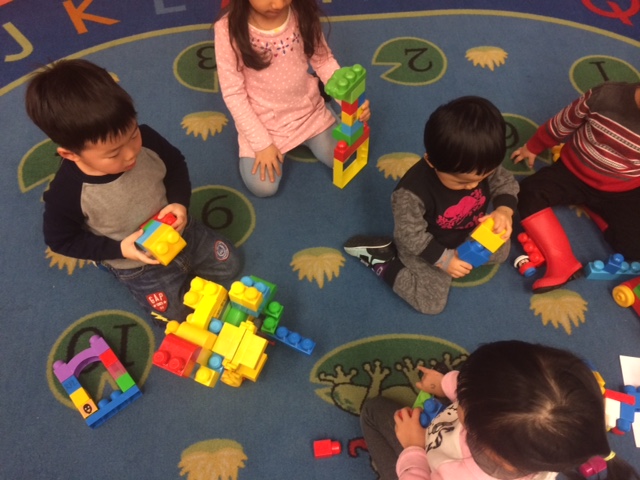The Importance of Play
“Play is our brain’s favorite way of learning.” D.Ackerman
Play is often seen as the opposite of work. However, play is much more than that. It is a way for children to learn about the world while exploring and testing their own limits.
Play is crucial to cognitive development and social well-being because it provides time and space for children to explore and gain skills needed for adult life. It helps them to learn how to work in groups, to share, to negotiate, to resolve conflicts, and to learn self-advocacy skills. Play is universal: we all engage in play, across all cultures, and all ages.
Play begins in babyhood. Children notice and interact with the things around them, whether this is by putting a toy in their mouth or by feeling a new textured object, they are engaging in play. When babies try to figure out how to get your attention, either by babbling or crying, they are exploring their environment and mastering concepts that will become important milestones. Children are social beings, and learning language is dependent on human relationships and social interactions, most importantly within the family. Babies flourish with this kind of loving attention, and parents are more content too, as the parent-child bond becomes strengthened and rewarded through these activities. How wonderful that babies learn through play, and that this play is so pleasurable to both parent and child!

One of the best ways to include play into your day is to visit Kids’ Place at the Richmond Public Library for Babytimes and Family Storytimes, when we all sing and play together. Reading together, doing finger rhymes, and being actively engaged in singing encourage and teach play to both children and parents. Stay after story time to meet other families and play with blocks, books, and puppets. Skills developed through block play, such as patterning for example, are essential for success in reading and writing. Librarians will also mediate your child’s play with open-ended questions which encourage abstract thinking.
Children who are older may discover their own interests and passions through play. Your child may find they have a love for a specific activity such as drawing or making movies, or possibly for an animal or a sport. Playtime will encourage them to continue exploring their own interests and build skills they will use in the future. All children should have time for play. It provides the building blocks for establishing confidence, coping abilities, flexibility, and positive interactions with others. Through play, your child will be able to apply these skills as they grow into a young adult.
Play Offers Children The Opportunity To:
- Exercise problem solving skills
- Think flexibly
- Face their fears
- Practice processing emotions
- Discover an ability or talent
Tips For Encouraging Play:
- Give kids ample, unscheduled time to be creative, to reflect, and to decompress
- Encourage your children to engage in active play (running around or playing tag) instead of passive entertainment (video games or television)
- Supply children with toys such as blocks, old scarves and clothes for costumes, boxes, and stuffed animals to encourage imagination and creativity
- Spend unscheduled, unstructured time together with your children
- Visit the Library for fun programs for all ages
Playtime establishes the foundation for literacy. Through play children practise new sounds, new vocabulary, and exercise their imagination through storytelling. Playtime is the learning foundation of all young people, and playtime is fun. Remember, play is a cherished part of childhood. By finding the right balance between work and play, your children will grow up happier, better adjusted, and more prepared to conquer the world.



